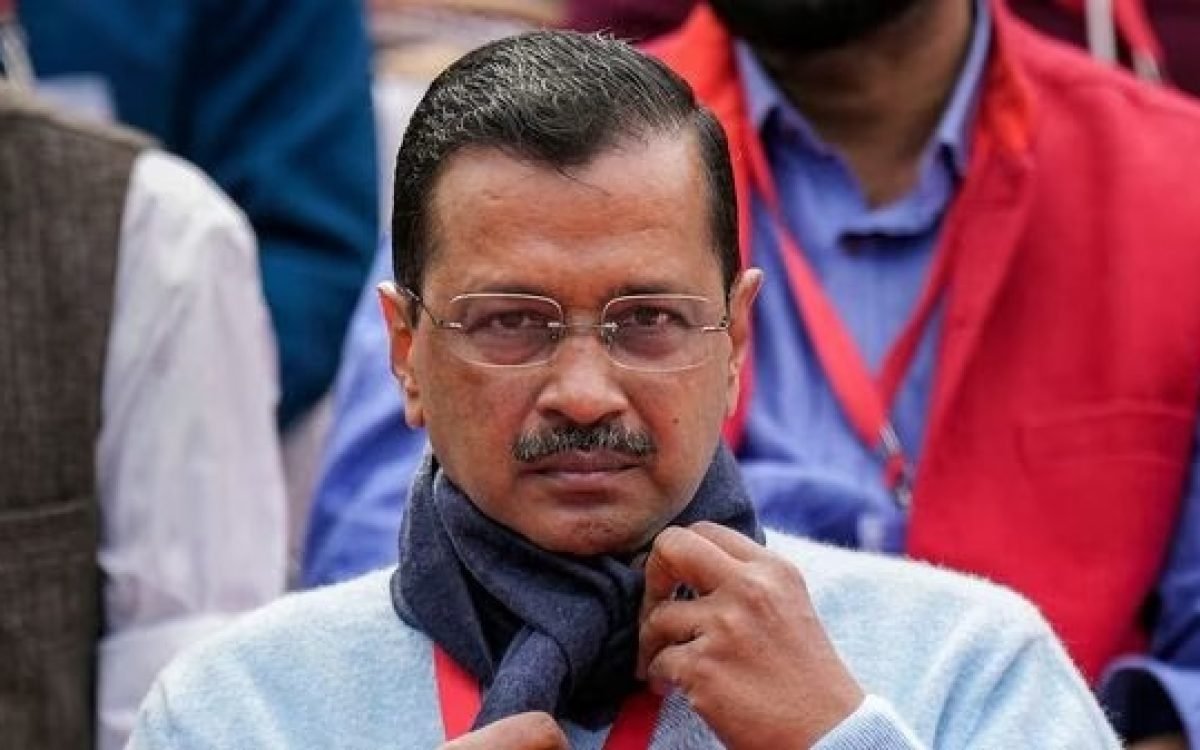Unpacking Arvind Kejriwal’s Allegations Against the Enforcement Directorate
The recent developments in the legal saga involving Delhi Chief Minister Arvind Kejriwal and the Enforcement Directorate (ED) have brought to light a series of allegations, confrontations, and questions regarding the nature of the investigation and the conduct of those involved. Let’s delve into the details:Background: The ED had arrested Arvind Kejriwal in connection with the Delhi liquor policy case, which has since been scrapped. This arrest sparked controversy, with Kejriwal and his party, the Aam Aadmi Party (AAP), alleging political vendetta and an attempt to suppress dissent.Extension of Custody: The Rouse Avenue Court extended Kejriwal’s ED custody till April 1, prolonging the legal battle between the CM and the investigative agency.Allegations by Arvind Kejriwal: During the court proceedings, Kejriwal accused the ED of deliberately targeting the AAP and attempting to crush the party. He questioned the basis of his arrest, particularly highlighting the reliance on just four witness statements mentioning his name.Questions Raised: Kejriwal’s questioning of the sufficiency of witness statements to justify the arrest of a sitting Chief Minister underscores broader concerns about the investigative process and the threshold for initiating legal action against public figures.
Response from Enforcement Directorate: In response to Kejriwal’s allegations, the ED reiterated its stance that the Chief Minister is not above the law and accused him of non-cooperation in the investigation.Implications and Debate: The confrontation between Kejriwal and the ED has ignited a debate over the politicization of law enforcement agencies and the accountability of those in power. It raises questions about the impartiality of investigations and the potential misuse of governmental authority for political purposes.Ongoing Legal Battle: As the legal proceedings continue, observers closely monitor the developments, anticipating further revelations and potential implications for both Arvind Kejriwal and the broader political landscape in Delhi.Call for Transparency and Fairness: Amidst the allegations and counter-allegations, there is a growing call for transparency, fairness, and adherence to due process in the investigation, ensuring that justice is served impartially and without prejudice.
In conclusion, the confrontation between Arvind Kejriwal and the Enforcement Directorate underscores the complexities inherent in the intersection of law, politics, and governance. As the legal battle unfolds, it prompts a critical examination of the integrity of investigative processes and the accountability of those entrusted with upholding the rule of law.









